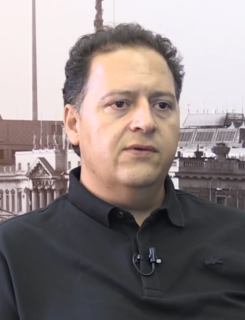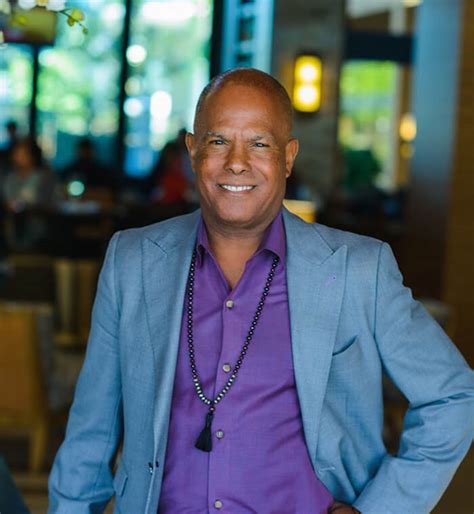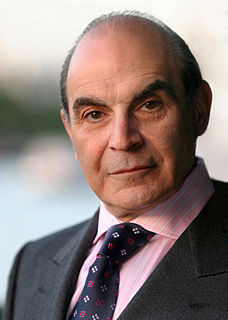A Quote by Howard W. French
As I set out to begin photographing Shanghai, I encountered the insider/outsider phenomena in the most personal of ways. You would walk into an old neighborhood in the center of city, and people would begin to point at you. People would begin to talk about you, spreading the word about the outsider who has wandered into their midst, look at him, he's got a camera, what's he doing, is this allowed, is this OK, how should be respond to him.
Related Quotes
Most writers begin with accounts of their first home, their family, and the town, often from quite a hostile point of view-love/hate, let's say. In a way, this stepping outside, in an attempt to judge enough to create a duplicate of it, makes you an outsider. . . . I think it's healthy for a writer to feel like an outsider. If you feel like an insider you get committed to a partisan view, you begin to defend interests, so you wind up not really empathizing with all mankind.
There are a lot of ways to talk about the life of a photograph. You can talk about the afterlife of a photograph, and in the end I talk about that, with the Richard Prince picture. But mainly, what I dedicated the book to being about was how photographs begin their life, and where they begin it. And they begin it with the photographer's imagination and instinct and experience.
I think that we need to begin talking about what does it mean to create these safe spaces in our communities, to begin welcoming one another into our homes and into our communities when they're returning home from prison, people who are on the streets. We need to begin doing the work in our own communities of creating the kind of democracy that we would like to see on a larger scale.
If you could only see the vision I have. I wish I had your bodies to do this work. I would run from house to house telling everyone of the gospel, and after I lost strength to run I would begin to walk, and after I collapsed from walking, I would begin to crawl, and after my knees were so bloody that I could not use them I would use my arms to drag myself, and once my muscle in my body was gone I would begin to yell…oh, only if you could see the vision as I have.
The works of a person that begin immediately to decay, while those of him who plants begin directly to improve. In this, planting promises a more lasting pleasure than building; which, were it to remain in equal perfection, would at best begin to moulder and want repairs in imagination. Now trees have a circumstance that suits our taste, and that is annual variety.
It is precisely through the onset of old age, through loss or personal tragedy, that the spiritual dimension would traditionally come into people's lives. This is to say, their inner purpose would emerge only as their outer purpose collapsed and the shell of the ego would begin to crack open. The emphasis shifts from doing to Being, and our civilization, which is lost in doing, knows nothing of Being. It asks: being? What do you do with it?
As an actor, if you step to the side and you look at [Thornton's performance] technically, and you try to imagine doing what he was doing, most people would panic. Most people would be on the set, and they would be panicking, going, "I'm not doing anything!" All the ham instincts in you would be screaming, "You've got to indicate something here." And it's beautiful, in a way. And so I appreciate, even as an audience member, the courage that it takes to be... frankly, to be subtle.
In so many roles I've played the outsider. As an outsider, you have more energy to succeed simply because you are an outsider. There are scripts floating around but they're not coming my way and I think that I am getting a little bit too old to play Napoleon. But if I was ever offered the role I would grab it.
Yes. The opposite of love is not hate. It is indifference. That is why few people find God. They go to church and talk about him and that sort of thing. They may even go out and evangelize and try to win converts. But in their hearts, if they are honest with themselves, they are indifferent to him because they cannot see him. God is too abstract for people. God is a word without meaning. If Jesus came back today, nothing he said would make any sense to those who wait for him. They would be the first ones to kill him again.

































